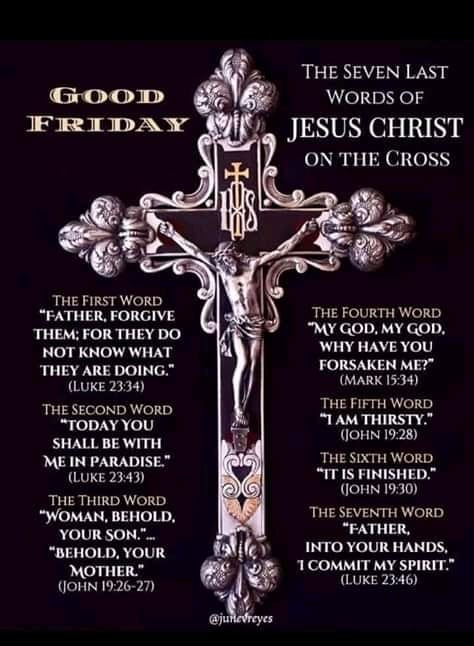🔰 Introduction
In continuation of the “Look and Live” series, this session explored Colossians Chapters 1, shining light on Paul’s bold confrontation of false doctrines in the early church. The message was timely, as similar deceptions persist in today’s Christian community—ranging from mysticism to alternative spiritualities that reduce or replace Christ's central role in salvation.
1. Christ at the Center of All Things
The study opened by comparing the confusion in modern Christianity to the heresies Paul addressed in Colossae. The core message: Jesus must remain central in our doctrine, identity, and hope. Any teaching that displaces Him—no matter how spiritual it sounds—is error.
2. Warnings Against False Teachings
Believers were cautioned about:
-
Philosophies that promote human divinity apart from Christ.
-
Teachings that deny the sufficiency of Jesus’ death.
-
Doctrines that glorify angels, secret knowledge, or mystical experiences as replacements for the gospel.
These distortions mirror ancient Gnostic beliefs, and the church must guard the truth with clarity and conviction.
3. Jesus: The Visible Image of the Invisible God
From Colossians 1:15–20, Jesus was declared:
-
The image of the invisible God.
-
The firstborn over all creation, not in birth order but in authority.
-
The One by whom all things were created and sustained.
These truths underscore Christ’s divine nature and total sovereignty.
4. Faith, Hope, and Love in Action
The gospel is not just theory; it produces visible fruit. Paul praised the Colossians for:
-
Their faith in Christ as the firm foundation.
-
Their hope in eternal life, not in earthly gains.
-
Their love for fellow believers, as a true mark of salvation.
This triad—faith, hope, and love—remains the litmus test of genuine Christianity.
5. Guarding the True Gospel in a Compromised Age
The study exposed how modern reinterpretations of Christ—often by influential voices in popular religion—have reduced Him to just a “great teacher” or one among many paths. In contrast, Scripture affirms:
-
Salvation is exclusively through Christ.
-
No amount of enlightenment, rituals, or inner energy replaces the finished work of the cross.
-
The gospel must remain uncorrupted and uncompromised.
6. Jesus as Head of the Church
From Colossians 1:18–29, it was emphasized that:
-
Jesus is the Head of the Church, not pastors, trends, or institutions.
-
Ministry, as modeled by Paul, is a sacrificial labor to present souls complete in Christ—not a platform for popularity.
-
Christian leadership must return to servant-mindedness, not celebrity status.
7. Faithful Ministers vs Fruitful Performers
Using the example of Archippus, the teaching challenged believers to measure spiritual impact not by numbers or fame, but by faithfulness to the gospel. Ministers were warned not to chase outward fruit at the cost of inward truth.
8. A Practical Call to Holiness and Service
The final charge was deeply practical:
The Bible is not a self-help manual or a get-rich strategy. It is a call to:
-
Know Jesus personally.
-
Live holy lives that reflect His nature.
-
Serve others and spread the gospel, using whatever time, skills, or platforms we have.
This session concluded with a sobering but hope-filled reminder:
“When Christ is at the center, everything else finds its rightful place. But if He is replaced, everything collapses—even if it looks successful.”





